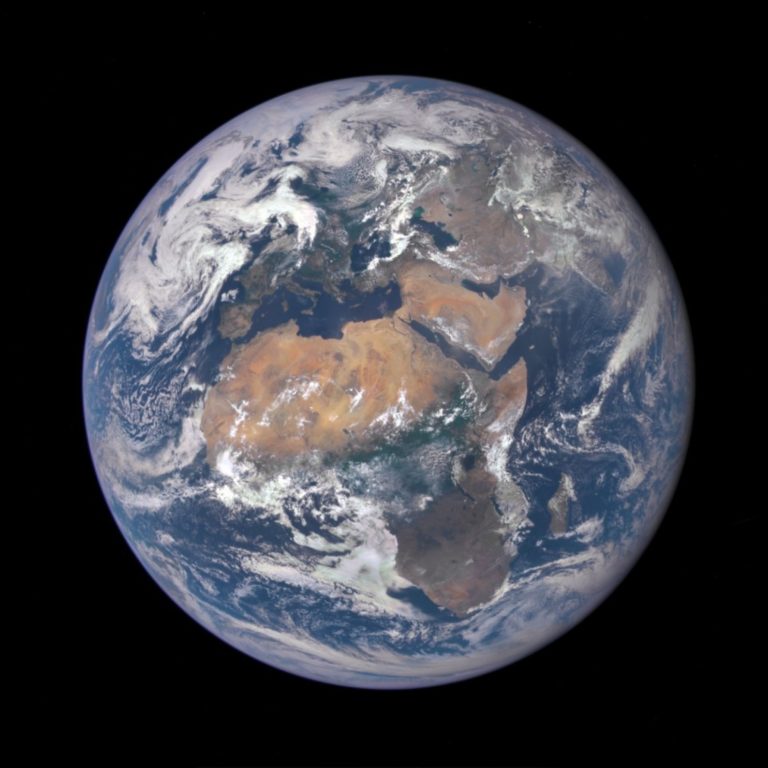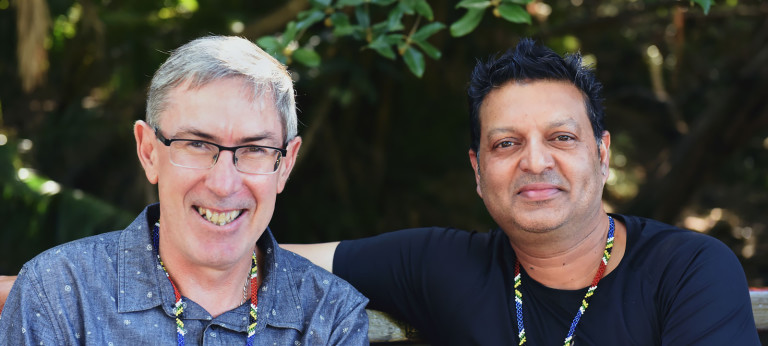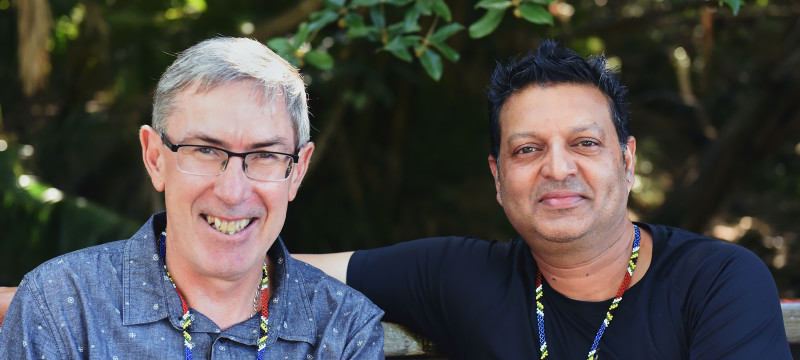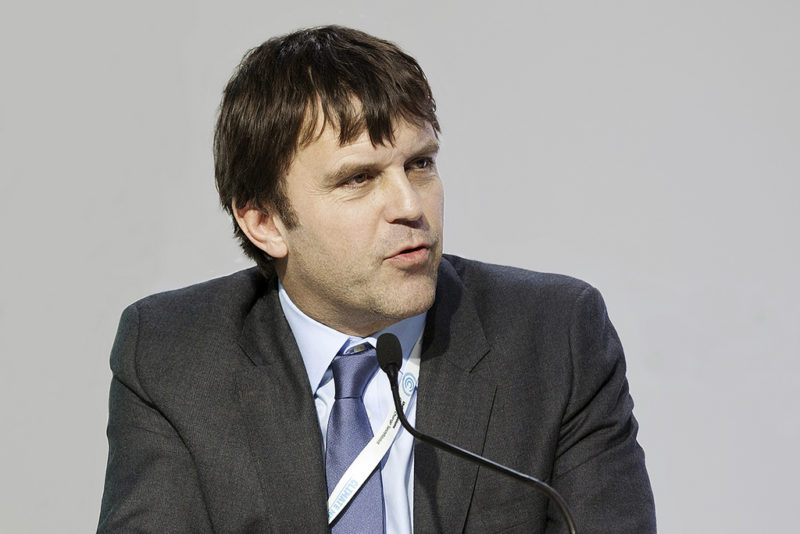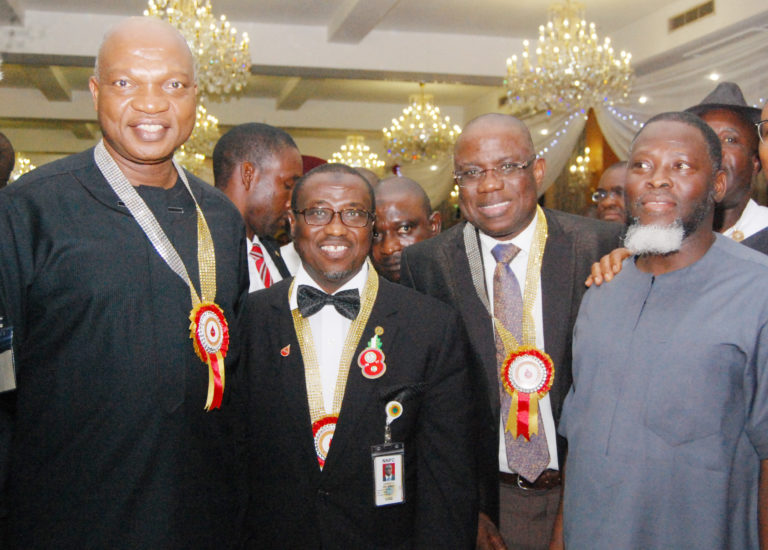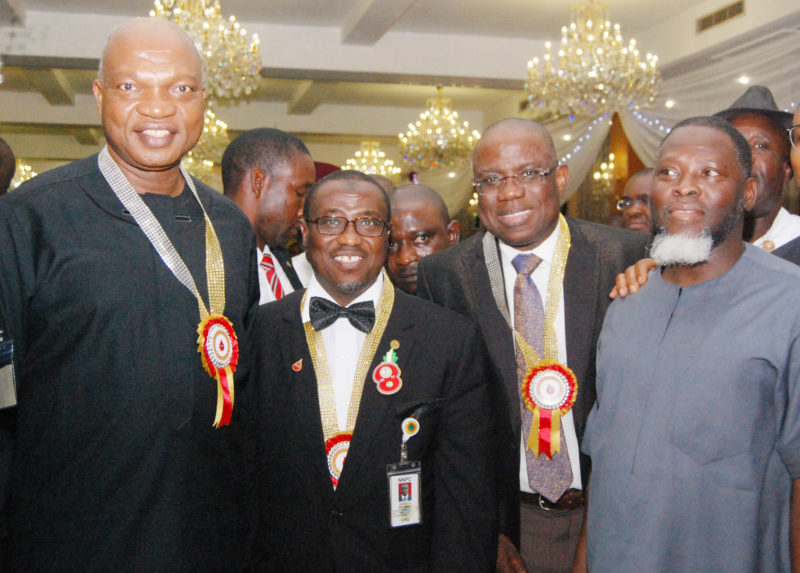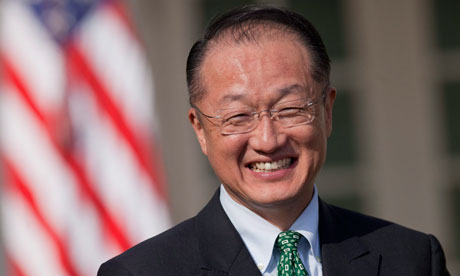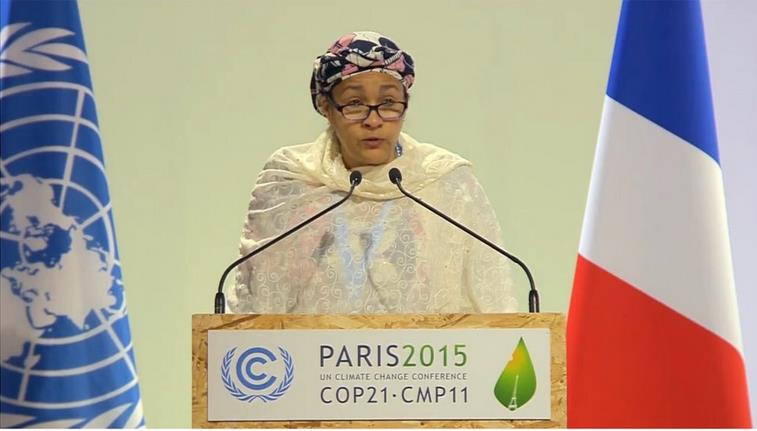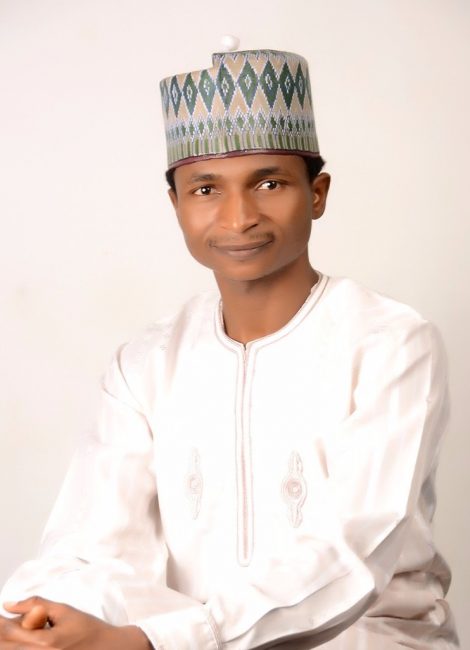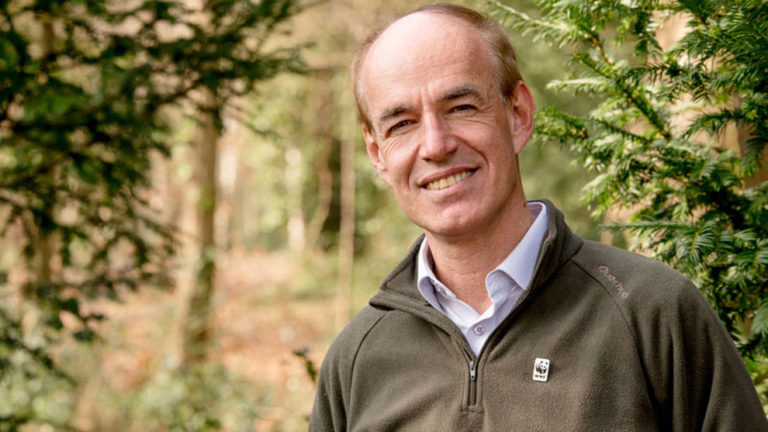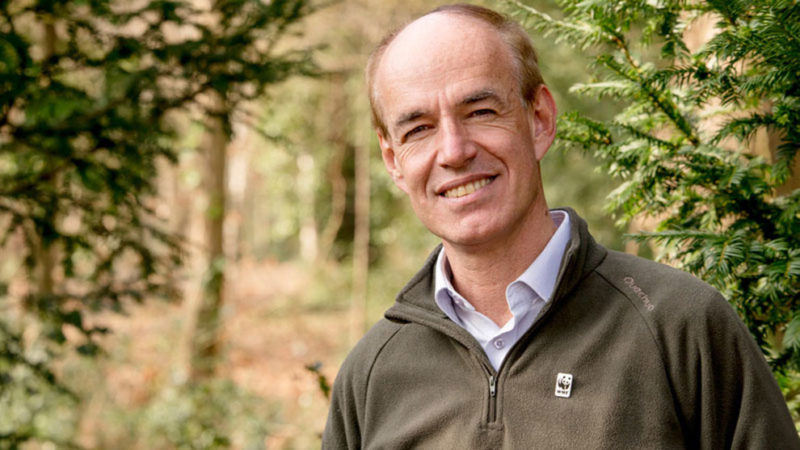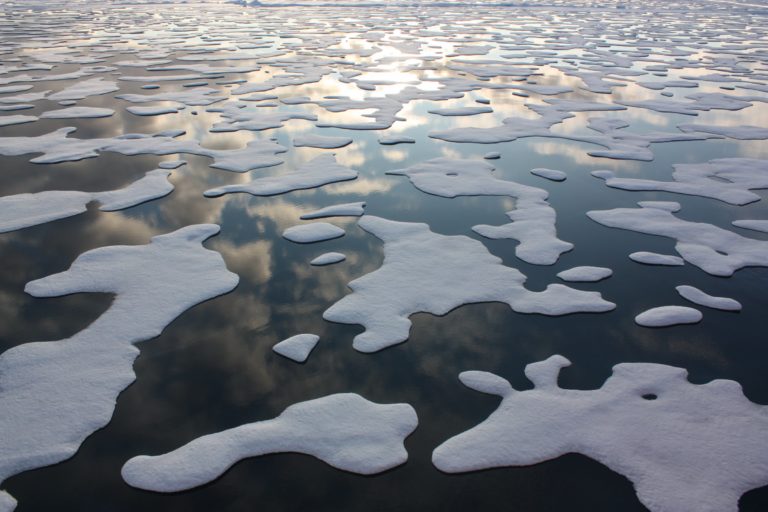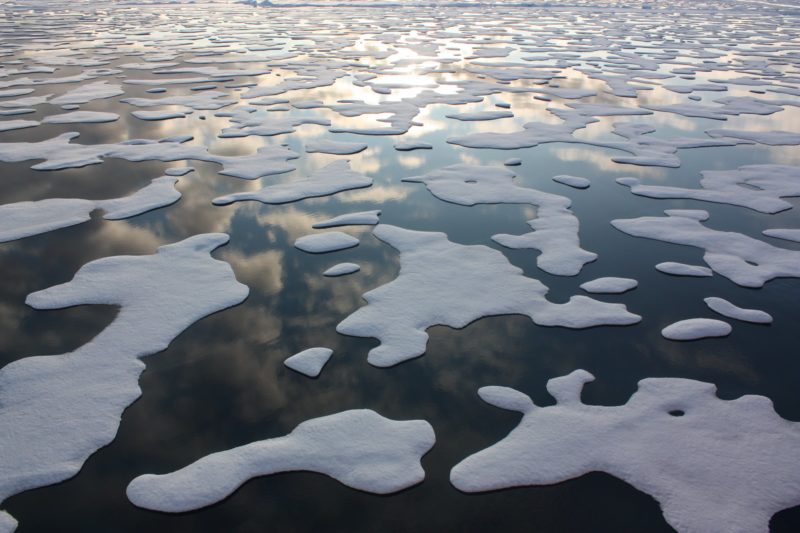A new satellite mission, just announced by the National Aeronautics and Space Administration (NASA) recently, could finally illuminate one of the mysteries surrounding the global carbon cycle – and provide important insights on tackling climate change in the process.
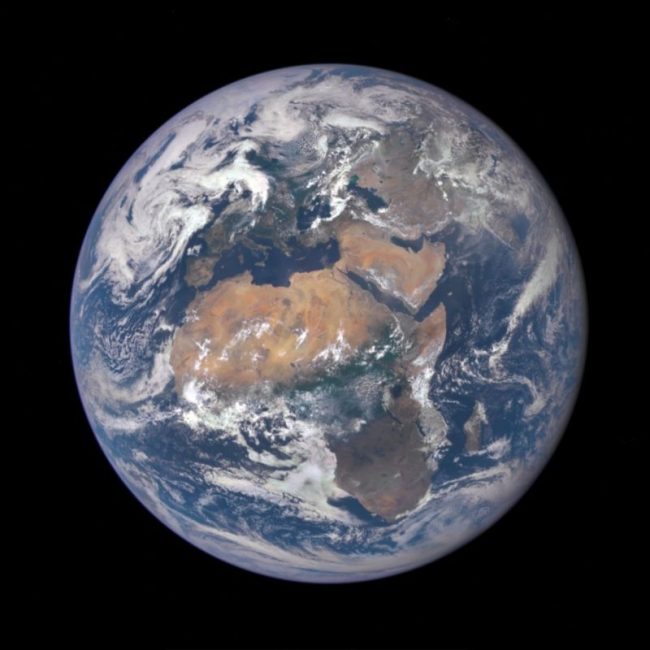
The Geostationary Carbon Cycle Observatory, or GeoCARB, will provide detailed daily observations of the Americas, including measurements of greenhouse gases (GHGs) in the atmosphere and the health of vegetation on the land below. This monitoring is intended to help scientists better understand the way forests in North and South America influence the exchange of carbon dioxide and other gases between earth and atmosphere.
The announcement comes as concern grows over the future of NASA’s climate research. At the end of November, senior (President-elect, Donald) Trump campaign adviser Bob Walker shocked the climate science community when he suggested curtailing NASA’s earth science research, citing its “politicised” nature. The proposal was met with dismay and outrage by climate scientists around the world, who emphasised the critical role NASA’s satellite missions have played in the advancement of global climate research.
“It could put us back into the ‘dark ages’ of almost the pre-satellite era,” said Kevin Trenberth, a senior scientist at the National Center for Atmospheric Research, in an interview with The Guardian. “It would be extremely short sighted.”
But as many experts have noted, Walker is not an official member of NASA’s transition team, and his comments – for now – are being viewed as a suggestion only. It’s still unclear how the new administration will change NASA’s climate research role, if at all. And with the GeoCARB mission newly announced, it appears that the agency is continuing to forge ahead for now.
The mission was selected by NASA from more than a dozen proposals submitted to the agency for an opportunity to conduct small orbital investigations of Earth processes. Berrien Moore, vice president for weather and climate programmes at the University of Oklahoma, is leading the project, which he says has been in the works since 2010. In addition to NASA laboratories, other partners include Lockheed Martin Advanced Technology Centre and SES Government Solutions Company.
Once launched, the mission could answer some key questions about the global carbon cycle, Moore said. Scientists know that vegetation on Earth serves as a carbon sink, meaning it takes in carbon emissions that would otherwise end up in the atmosphere. This makes the world’s forests and grasslands a valuable tool in the mitigation of climate change. What scientists don’t fully understand is which parts of the world are playing the biggest roles.
“We believe that 25 to 30 percent of the carbon dioxide that’s emitted from burning fossil fuels is going back into the biosphere, net,” Moore said. But, he added, some scientists believe this means that vegetation stocks on Earth are growing larger.
“You ask yourself, ‘What could that be and where is that happening?’ ” Moore said. According to Moore, various scientists have suggested that forest stocks in North or South America are expanding and taking up more carbon dioxide. The new mission seeks to find out definitively what’s going on with the carbon cycle in this part of the world.
Other satellite missions have examined the carbon cycle before, but they’ve generally been designed to take more sparing measurements from locations all over the world, Moore explained. GeoCARB differs in that it will exclusively monitor the Americas, providing much more consistent observations for this region of the world.
The mission will use special instruments designed to measure the concentrations of carbon dioxide, methane, carbon monoxide and oxygen in the atmosphere. At the same time, the mission also aims to detect photosynthesis rates in the vegetation below, which can tell scientists about the plants’ health and growth.
Altogether, the mission could help scientists pinpoint where GHGs are being absorbed most. And these findings could have important implications for future climate change mitigation strategies, Moore said.
“Let’s say we discover [greenhouse gases are] going into certain types of vegetation,” he said. “Then we can say to ourselves, ‘Can we manage other types of vegetation so that we encourage that behavior? Is there some management scheme?’ “
The new mission is expected to launch sometime in the spring of 2021, Moore said, and will spend five years in orbit. Its total planned funding amounts to $166 million, which includes the costs of development, launch and data analysis.
Despite the uncertainty about NASA’s climate research future, Moore said he feels the mission embodies a fundamental human desire to understand the way our environment – and the carbon cycle is one of its most basic and important processes.
“I think that in the end, human beings are gonna try to figure out how their home works – that’s just natural,” he said. “We’ve been doing that for many thousands of years.”
By Chelsea Harvey (The Washington Post)

